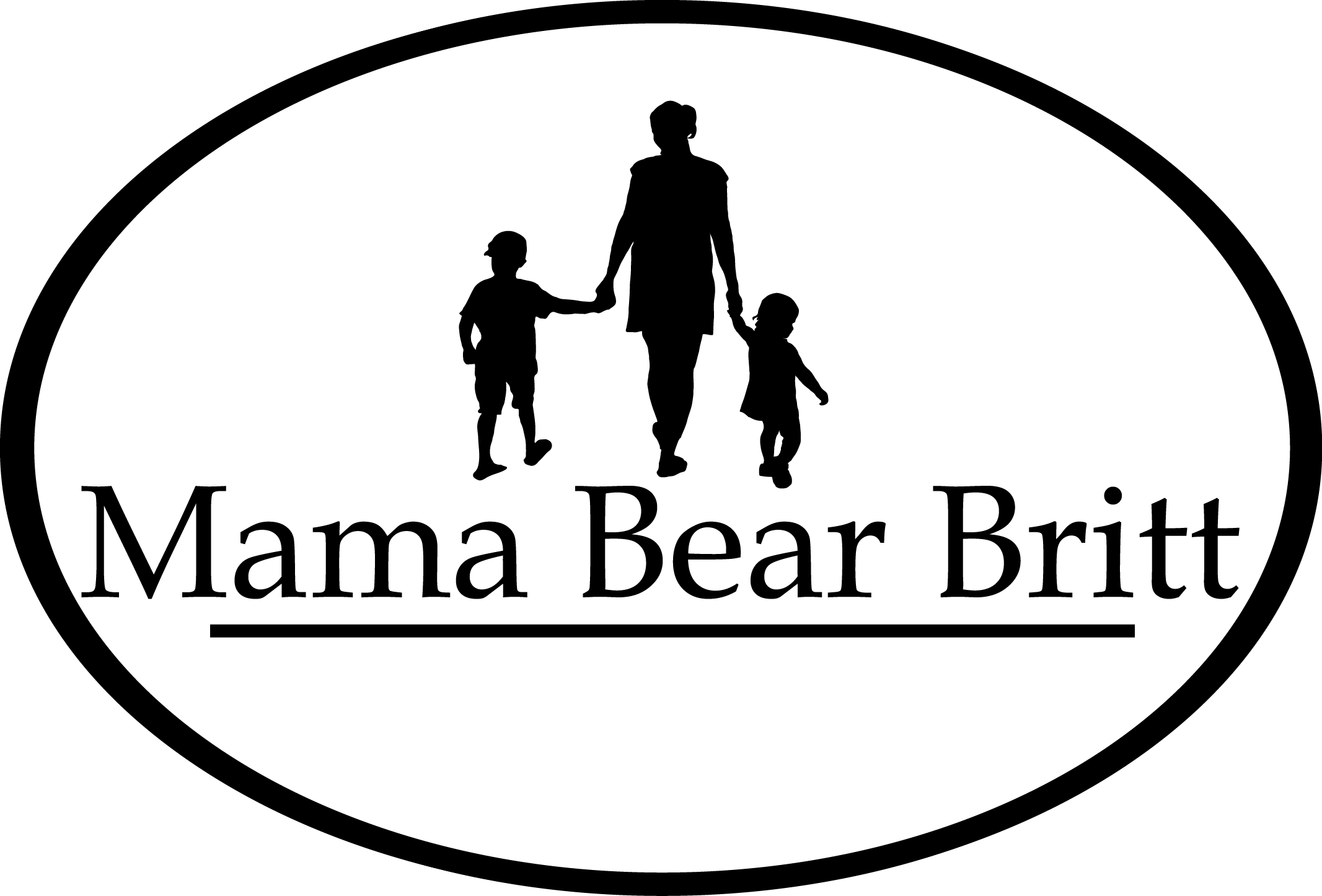Preschool Tips for Parents: Most Commonly Used Jargon
Phrases Most Often Used by Preschool Teachers & Admin:
Ever feel like your child’s teacher or school director is speaking another language with all those “educational” terms? What do all the different phrases used in a preschool mean? Is there a difference between preschool and pre-k? Are they interchangeable? What about all the terms used around the classroom by a preschool teacher? I am here to break them down for you.
Commonly Used Preschool Phrases:
When people say Daycare within a preschool setting, this usually refers to “free play” aka unstructured playtime. Even within many preschool’s daily schedules, you will notice their before and after school hours referred to as “daycare” hours. This may also be used to describe a play-based school. Within a home setting, this is simply referring to the type of license a school owns and does not necessarily refer to unstructured free play. However, there are many differences between an in-home daycare and a preschool, please refer to my “3 differences you need to know about preschool and daycares.”
A Preschool will use different words to describe different age groups; they are broken down here:
Infants/Toddlers: Infants range in 0-12 months and toddlers range from 12-36 months. In terms of a preschool license; an infant/toddler license covers the ages of 6 weeks-24 months and A toddler option license covers the ages of 18-30 months.
Preschool: These are children 3-5 years old. In terms of a preschool license, this can refer to children between the ages of 2-5 years of age.
Pre-Kindergarten or Pre-k: Usually refers to the care and academic instruction of children 4-5 years of age.
Transitional Kindergarten or TK: This is typically for children who do not make the cut off for kindergarten that school year. In CA public schools, this usually refers to children who will be 5 by the end of that calendar year when school starts. For children who have missed the Sep. cut off, these would-be Children who were born in Oct-Dec. months.
Other common terms used within a preschool setting:
Motor Skills: Broken down into two categories; fine and gross. Fine motor is moving the muscles in the wrists, hands, fingers, feet, ankles, and toes. Gross motor is the movement of the larger body muscles such as arms, legs or whole body.
Cognitive Development: How one thinks, solves problems, makes decisions etc.
Parallel Play: Playing physically next to a peer, but not actively socializing and/or engaging with the other person during play.
Manipulatives: Smaller toys and objects that a child can move, build, and break down.
Fine Motor: Small muscles in your fingers, hands, and wrists. Pincer Grasp: being able to pick up a small object with the grasps of the pointer finger and thumb.
large or Gross/Motor: Bigger muscles throughout your body and limbs.
Dramatic Play: Pretend play i.e. dressing up, playing “house” or “Doctor” or anything else make-believe
Sensory Play: Usually referring to play where a child can experience through their senses i.e. water, playdough, sand, paint, etc.
Self-Regulation/Self Sooth: Controlling his/her feelings and emotions.
Speech Development: Broken down into two categories; expressive and receptive. Expressive language is the words spoken. Receptive language is the words understood. For example, your child may not have the expressive language to say, “more crackers, please” but they have the receptive language to understand “would you like more crackers?”
Educators use a variety of words to describe the growth and development of children. These are many of the common terms you will hear used within a school. The list goes on and on. If your child’s teacher ever uses a phrase or term you are not sure about, please ask for understanding. Clarification will help you better understand your child’s development.
Want more parenting tips or preschool/toddler activities? Subscribe for related articles. Follow Mama Bear Britt on Instagram, Facebook, and Pinterest!



